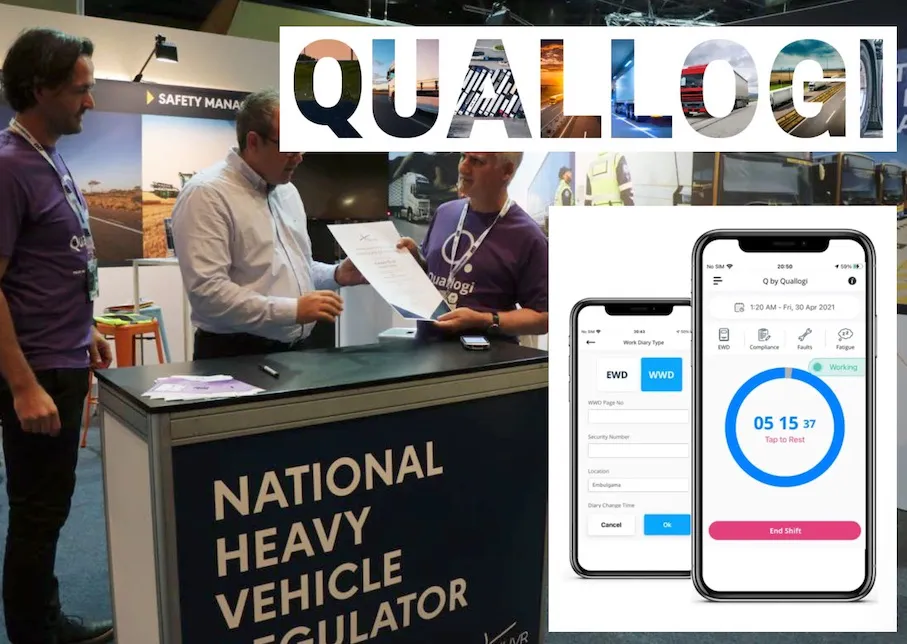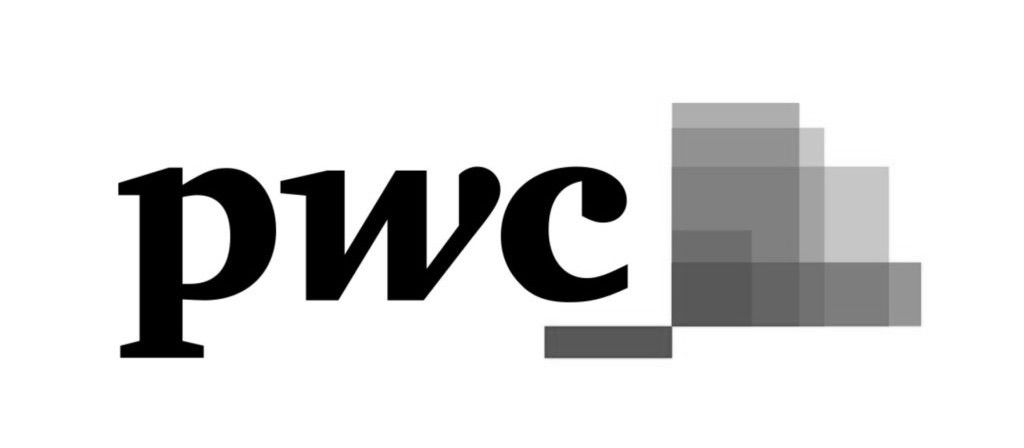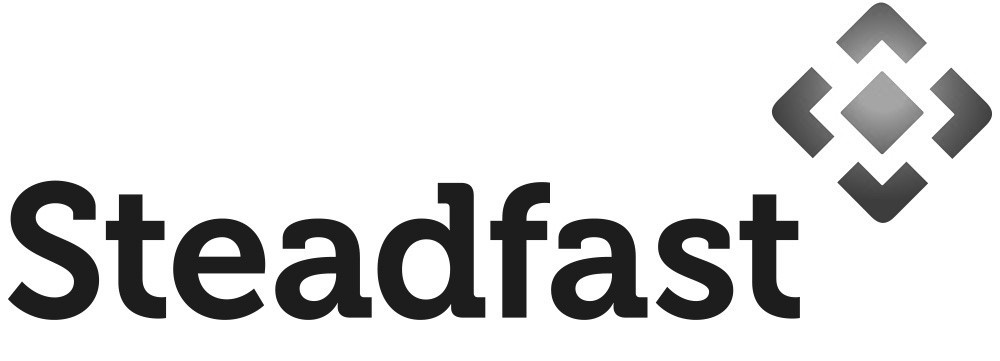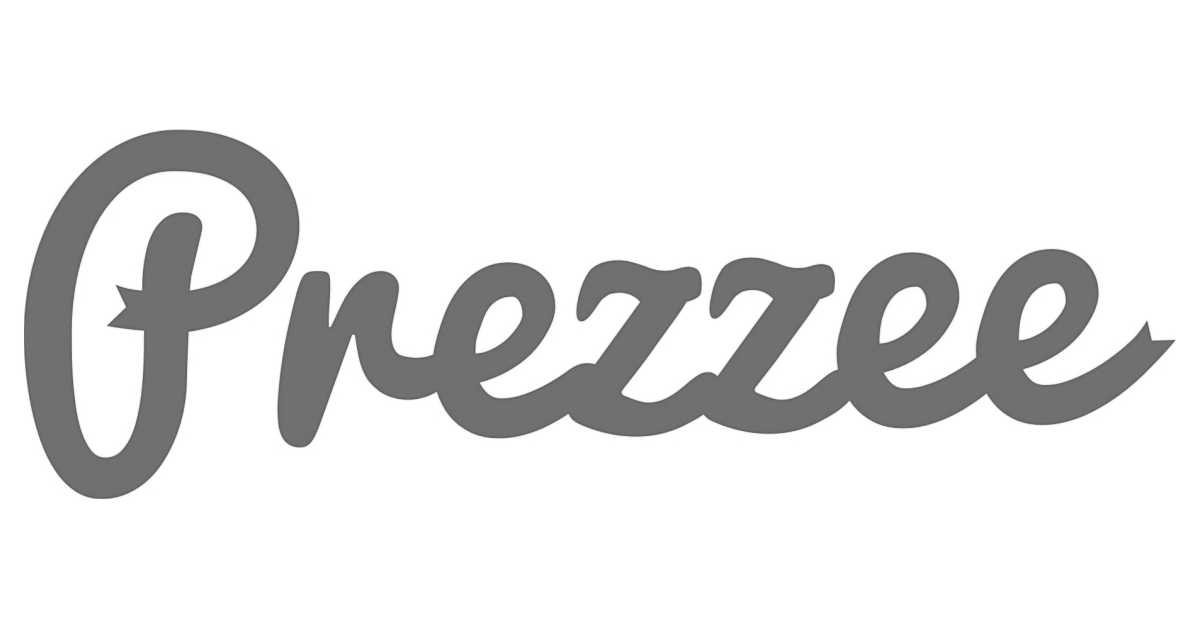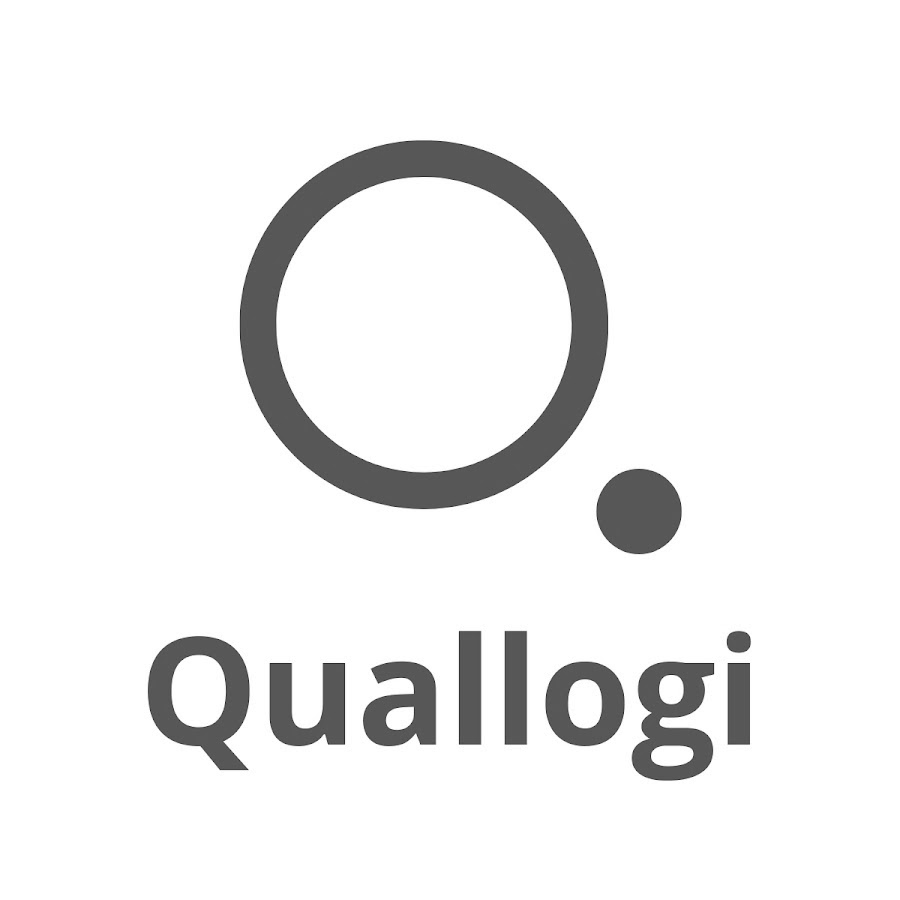We are the most innovative SEO Agency in Australia
We are an SEO agency driven by data.
Sure there’s a few SEO companies offering SEO services. And they all do work to varying standards that in most cases should be helping your SEO. But let us share a not so obvious secret with you. Nobody knows Google's search algorithm. Even within Google - it is a tightly held secret that only a very small portion of the company actually know. Even within that tight group, many of them still can’t explain it. They say it has got so complex (run by machine learning algorithms) that it’s too hard to explain, for more see here: https://www.youtube.com/watch?v=jwgnwtQcSWQ.
The fact of the matter is that SEO is the process of aligning your website content to that of a very sophisticated robot. Probably the most sophisticated robot in the world (with data centres everywhere). But a robot nonetheless. It can be unbelievably smart at closed world problems like game of chess, but unbelievably dumb when asking questions it hasn’t been preprogramed to understand. i.e. obvious stuff that a human would know. See our talk here for more on this:
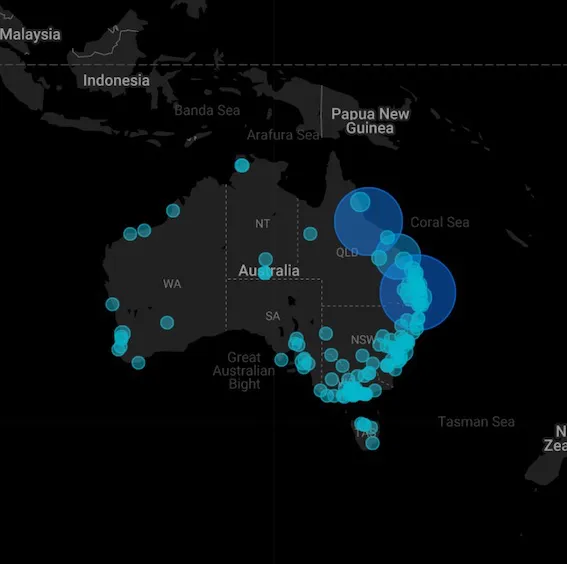
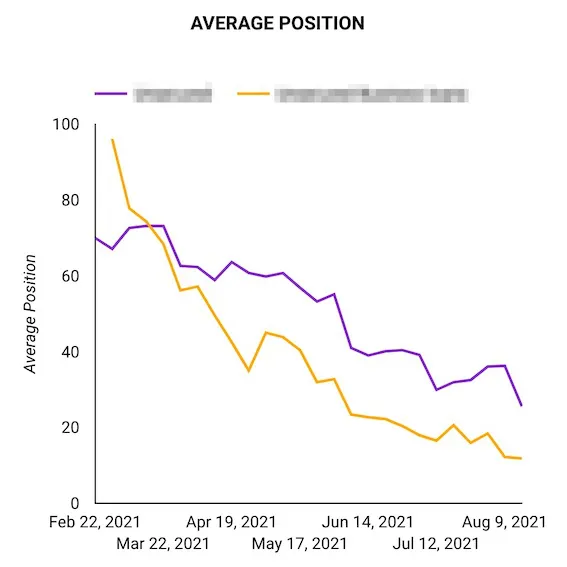
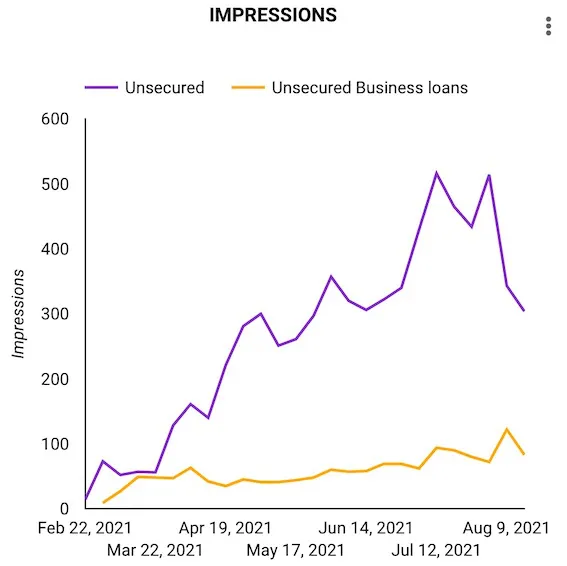
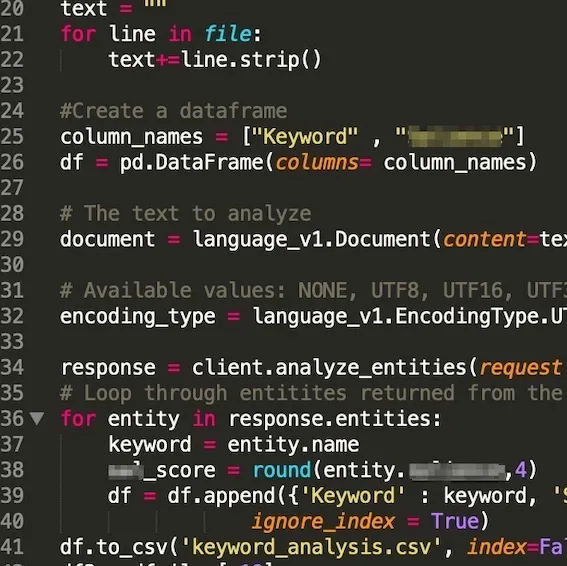
Examples of our SEO work: clockwise from Top left: 1) location reporting in DS, 2) New client page from Feb 1, 3) New client page from Feb 1 - Impressions, 4) Python script for KW relevance
What to look for in your SEO Services provider?
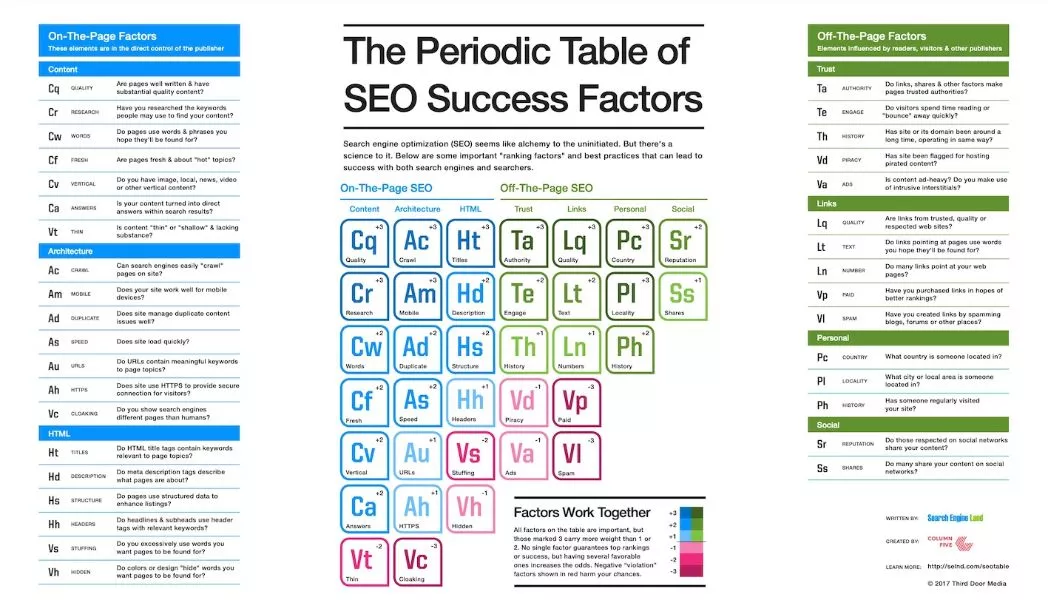
This doesnt work anymore... The old periodic table of SEO is no longer relevant.. (see full PDF version courtesy of Content Partners)
So, what does this all mean when you are looking for an SEO agency offering SEO services for you?
1. SEO is hard, you need genuine experts
Anecdotal SEO experience is useful - some things work - e.g. having a relevant title tag. However - the algorithms underlying SEO are now way more sophisticated than when the periodic table of SEO was all you needed. To understand SEO - you need to be smart. You need to understand machine learning. And yes, practical experience on what does and doesn’t work.
2. You need all-round skills not just keyword stuffing
The following are important aspects of our SEO services: keyword research, competitor analysis, website design, audience/link building, content creation and technical SEO. But fixing up one of these will not do the job. That’s why we advise a multi-prong approach - tackle all the issues above at the same time. If you don't - you'll continue to wallow low in the SERPs.
Want to boost up your knowledge in SEO & Digital Marketing?
Check out our related articles below
Marketing
Right Time, Right Place Advertising?
Reviews | SEO
The Fake Reviews Economy
SEO
Upcoming SEO Talk at NG Conference
What is SEO?
Some have described SEO as “everything”. That's actually close to accurate - but overestimates the abilities of the search algorithm. It is not a god. Its not even a person. And in many respects it is very unintelligent indeed.
That's why you see so many terrible “gamey” search results. Google et al do their best (and it really is quite remarkable), but their algorithm will never be as smart as actual people.
Google is an algorithm. It takes into account all of its inputs and then tries to rank pages accordingly.
The most important of these are:
- How "Google", as a robot, understands and interprets your page - it is not as smart as a person! So you cant get too cute..
- Links/mentions on other websites
- Brand recognition
- User behaviour (on search engines and on your website)
How we do SEO at Tribalism?
1. Get in contact - phone/email
We will contact you, topline understand what business you are and discuss very high level work and costs2. Assess your business Situation
We can begin generating a proposal in a few hours! We may need access to Google Analytics & similar platforms.3. We'll recommend priorities
We'll send you a "to the point" proposal and schedule a call where necessary. Work is either project or retainer based.4. Implementation
We'll need access to your site. We'll establish quick comms via Slack, Trello and similar channels during this period.5. Results
We'll have a review meeting (or a regular meeting for retainer projects) and tidy everythign off.We are influenced by Rand Fishkin's approach to SEO and have combined this with our own experience with clients and our machine learning/data smarts to come up with the TRIBALISM PTY LTD way.
Our methods boil down to:
- Using Machine learning tools to understand keyword relevance
- In depth competitor analysis
- A deep understanding of how the search algorithm works
- Knowing all the factors that influence this
- Developing an approach appropriate for your site/niche.
Every domain is different and requires a different approach - even if the underlying principles are the same for all websites.
Check out some of client success stories!
Working with Us

Our guarantee to you:
- No Lock in Contracts
- We treat your campaigns and website as if they were our own
- Full transparency over the costs and all our work
- 100% Customer Satisfaction, Real Results
Next Steps..
We see SEO as a great relationship, from the very first chat to a happily ever after. Here's how it works:
- Fill in the form at the bottom of this page: During the call, we get to know each other, to understand your goals and for you to understand how we can help you. (We get to know each other on our first date!)
- We get down to creating a marketing plan for you: The plan will be specifically tailored to your business needs and goals(This is where the magic happens! Sparks flies, butterflies in stomach, think of the possibilities!)
- We execute your marketing plan: This is where you watch your revenue grow. (Like any good relationship, we hit the ground running and it’s like nothing you’ve ever experienced before)
- Grow, Win, Celebrate! (Wedding! Okay maybe that’s too soon…)
Our Pricing Structure
Base Line
$500 /mo
- 3 Tribalism Hrs per month towards keyword, speed or image optimisation & local SEO
- 1 Dedicated team Member
- 1 Basic Dashboard report updated monthly
Improving
$2,000 /mo
- 15 Hrs per month - Base Line + strategy & new pages
- 1 "Combined Arms" resource - utilising the full agency
- 1 Advanced Dashboard report updated monthly
Platinum
$5,000 /mo
- 40 Hrs per month - Base Line + strategy & new pages
- 2 "Combined Arms" resource - utilising the full agency
- 1 Advanced Dashboard report updated monthly
Try out our free SEO dashboard! 😀
(Connects to your google account. Need to sign in first!)
Search Engine Optimisation Frequently Asked Questions
SEO is a service, like plumbing or website design or other services. It comes down to hours, effort and experience. Because every job for a service provider is different - costs need to be different.
With SEO you can have copywriting, technical analysis and improvements to site code/layout, machine learning to assess where you can improve, media design and creation and more.
To help you assess costs we can provide some rough examples: A) If you need one page improved for SEO this can be as low as $1K - although this will be bare bones. B) if you are a large enterprise website with 100s or thousands of pages - you will need a retainer of $10K per month minimum. All other projects reside somewhere in between these two examples
Smaller businesses generally have smaller websites - hence less SEO work required! We are sensitive to smaller businesses' needs and have worked with many.
But despite having smaller sites - there is still a lot of work involved. SEO is not a "simple fix". You don't change a few keywords and BAM! rank number 1. (Yes this can happen but only for very niche/rare keywords).
You need to look at SEO like a web developer or web marketing cost. The "bare minimum" is not going to be very impressive for you or customers. If you want to barely move the needle, yes $1K or $2K can have a reasonable effect. But we'd recommend you think more like a $5K to $10K investment. Compare this to the cost of hiring full time staff to achieve the same results... you'd have to train them, pay them, hire them and hope they can do the job. Think about our costs and the expertise we guarantee.
In short, yes. And if another SEO company tells you no - we'd advise to look elsewhere for your SEO service provider. The reason your site is not ranking - is because of problems on your current site. Now these might be very minor - especially where content is concerned. Maybe you just need to rearrange a few things and add a few keywords.
Often they can be relatively major though... Does your website look good? Is it usable? Can people find what they want? Is it mobile friendly? (Over half of all website traffic is mobile now... if your website is not mobile friendly Google penalises it in search results!).
It's likely we will recommend design changes to improve SEO. Don't be alarmed - we try to work within the parameters of your current site - but site design is important for SEO 😀
For non competitive, niche terms it can take as little as one week. For competitive terms it will take 6 months.
Don't dismiss those niche terms. Often they are niche only because someone hasn't written about them yet. They can have high search volumes - so are a good place to start on your SEO journey.
Google's search algorithm changes all the time, every day. The changes can be minor or major and often the SEO community and the world at large only receives minimal detail on what these changes actually are. What we can say (because Google have said this themselves) - is that they constantly monitor search results, find errors and try to improve them.
Previously "mobile first" changes were implemented (yes you need your website to be mobile friendly now in order to rank), sites with lots of spammy links were targeted and the ways in which google understands human language has advanced. In truth it is a long way off in many areas - and can be exploited. We don't advocate exploiting the algorithm per se, with black hat tactics. But we do advocate using our smarts to give the algorithm what it wants.
A completely new website will have no or limited links to begin with. Links from other websites to your website allow Google to keep a record of these "votes of confidence" in your site. That said - links are only a small portion of the search algorithm now. Yes you need them - but you don't need 10,000 links from shady websites in shady places around the world.
2 or 3 links is enough initially to give some confidence in your site. The rest is down to content, design and useability. We got a new site ranking in niche areas in less than 1 month. For more competitive areas it will take new websites 6-12 months to rank.
Good question. We do! For terms you may not realise but are driving good traffic for us. These are called long tail keyword terms. These terms have less competition and we can drive pages focusing on these terms straight to the top of the SERPs using our methods. However we don't advocate focusing only on long tail keyword terms. We advocate going for the major prize as well. The highly searched, high value so called money terms. You know what we are talking about. Along with these terms of course comes incumbency and competition.
Google rewards sites that have simply existed the longest because they have built up a large link profile - establishing their authority or trustworthiness. Terms with high competition are going to have more high quality pages that answer the users query - so it will be harder for you to stand out. Let Scott explain this more below:
“The simple fact is: incumbent businesses, who have been established for a long time or those with big budgets and lots of resources have a headstart in SEO - but its not insurmountable and they will be beaten. It just takes time for the google algorithm to catch up (gather field data). If you've done everything right, which isn't easy because its a lot of work, it takes 6 months for the most competitive terms... for less competitive terms it can take as little as 1 week”
Scott Sunderland, Founder/Lead Consultant, TRIBALISM
Search results are only reflective of what Google has now - and what data it has been collecting for the past 6 months in particular. Something that looks insurmountable at #1 is definitely surmountable. You just need to satisfy the algorithms requirements better than the current #1 page. It's not easy, but it's not that hard either... 😀
Unlike many of our competitors - the majority of our tools are designed IN-HOUSE. Many 3rd party SEO tools are hype and/or living in the past. The time taken to design many of these tools has left them point in time to a few years ago - and Google has moved on since then.
Despite this some are still useful - especially the data aggregators. We're taking aHrefs, Moz, Majestic etc. The problem even with these tools though is they are just an "estimate" of what is really going on. They scrape google search results and try to present what is really going on based on these scrapes. Yes they are useful - but you need to take this data with a pinch of salt.
They are very similar. They're practically the same thing - except one is paid and the other is free. In both cases you are attempting to get your search results/paid ad to appear for a certain search query.
With PPC - you pay for every time someone clicks on your ad when it appears. Your ads will appear above or below the search results. It depends on competition for that keyword if your ad appears first. Ads are ranked... just like search results! If your ad is relevant to the keyword searched and your corresponding website also answers the users query - you will likely have the top performing ad. The other factor is how much you are willing to spend. If you are willing to spend a lot more than everyone else - you will also rank a lot higher!
SEO relates to just the "organic" search results. The non-ads. It can be anything in the results: maps, featured snippets, faqs etc - all our part of search. (Indeed you can pay for map ads too!).
SEO and PPC are very closely related. In fact we'd recommend you don't go with an SEO provider who doesn't understand this connection deeply. PPC has a benefit over SEO in terms of the data Google provides to PPC campaigns. If you want true data on how often a keyword is searched for - you will need to go to Google Ads (PPC) to find this out.
Yes, we copywrite in-house. We also have a small stable of copywriters we reach out to. And finally we also have a partnership with another company called FlexisourceIT which provided further copywriting resources.
However! churning out copy for the sake of it is not something we advocate at all. Hence we are not fans of this question. The best people to write copy for you are the ones who understand your topic/customers best. Granted we don't have time to write a lot of this content ourselves... but at TRIBALISM PTY LTD we recommend a team approach - at least at the planning stage - before writing any copy.
Yes, we do. And as mentioned above we also have a partnership with another company called FlexisourceIT which provides further web development.
The majority of our SEO projects involve web design of some form and we love it! 😀
Wordpress is a framework we've done a lot of SEO for and are comfortable with. We do recommend other next gen frameworks though like node.js and react. We've also done SEO projects on these frameworks and they are amazing.
Static frameworks like Jekyll, Hugo and Gatsby are another set of frameworks we are comfortable with. Finally we've worked with a host of other frameworks from .net, shopify, squarespace, drupal and beyond. We're confident we can help you no matter what your framework is 😀
Absolutely! 😀 One of the biggest drawbacks of react (despite it being a functionally awesome framework) is that it presents its code rendered client side - meaning Google finds it very hard to work out what is on the actual page. Server side rendering renders code such as javascript on the server - prior to the url being called. Thus when googlebot goes to your server side rendered site - it gets perfectly formed HTML that is easy for it to parse.
It's really up to you 😀. We wouldn't necessarily advise against this - the chances of a bad job being done are a lot higher though! Besides questions of quality and training, a major factor for SEO is culture. To be good at SEO you need to understand what your audience wants and be able to design and write in a way that appeals to them. Offshore staff can find this hard.
Another issue is communication and coordination. Working with offshore staff across time zones and cultures - the message can be easily lost and taks make take many times longer to complete or never complete at all. If you can find a reliable offshore company that can deal with all these issues - great! Labour costs will be lower. But be careful chasing lower costs versus lower quality work and more time and effort on your behalf!
Get in Touch
Let’s talk about what an analytical digital agency like Tribalism could do for your company!
Find us at the office
3015, Melbourne, VIC
Australia
Give us a ring
+61 1300 151 387
Mon - Fri, 9:00-17:00


